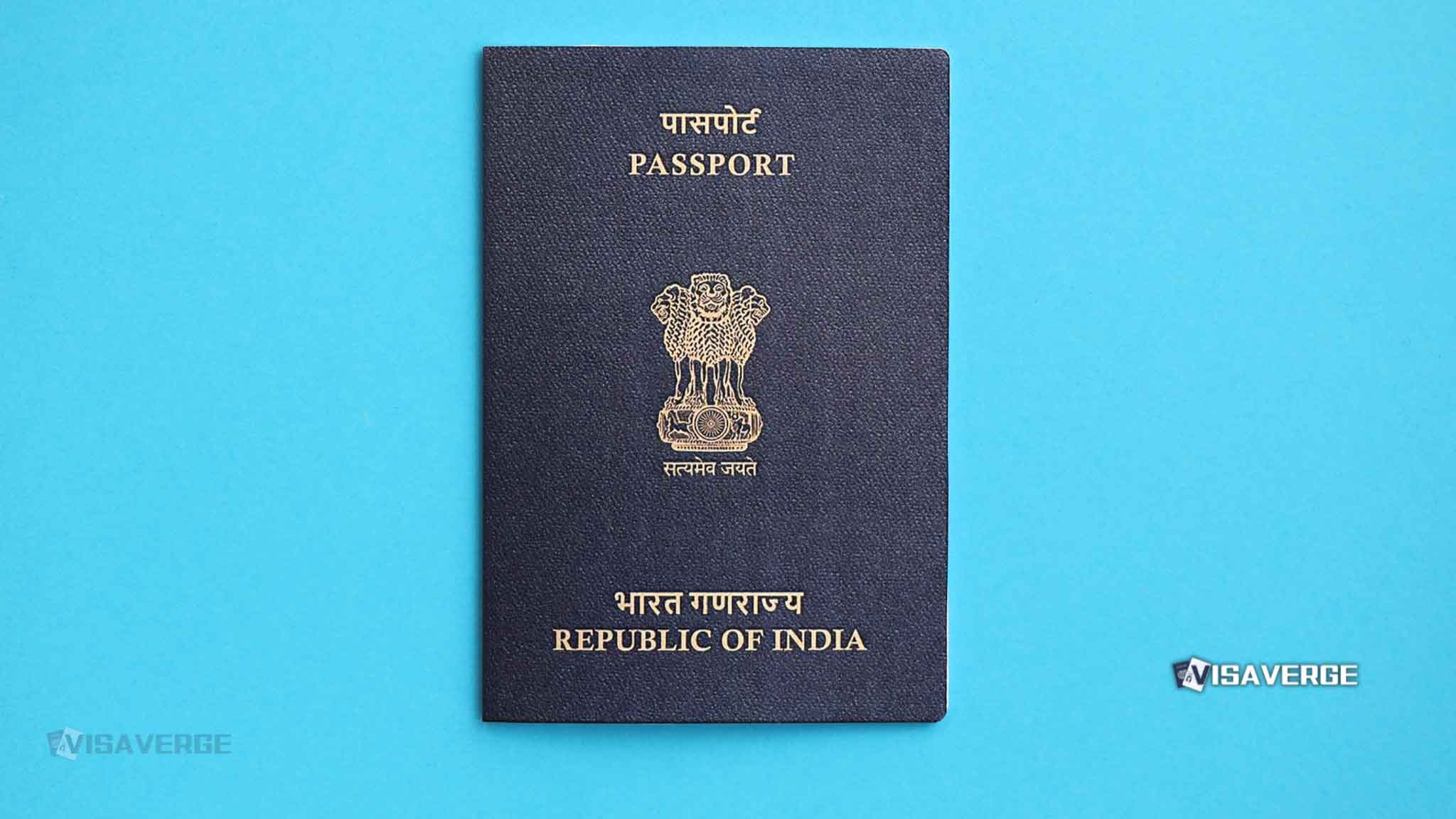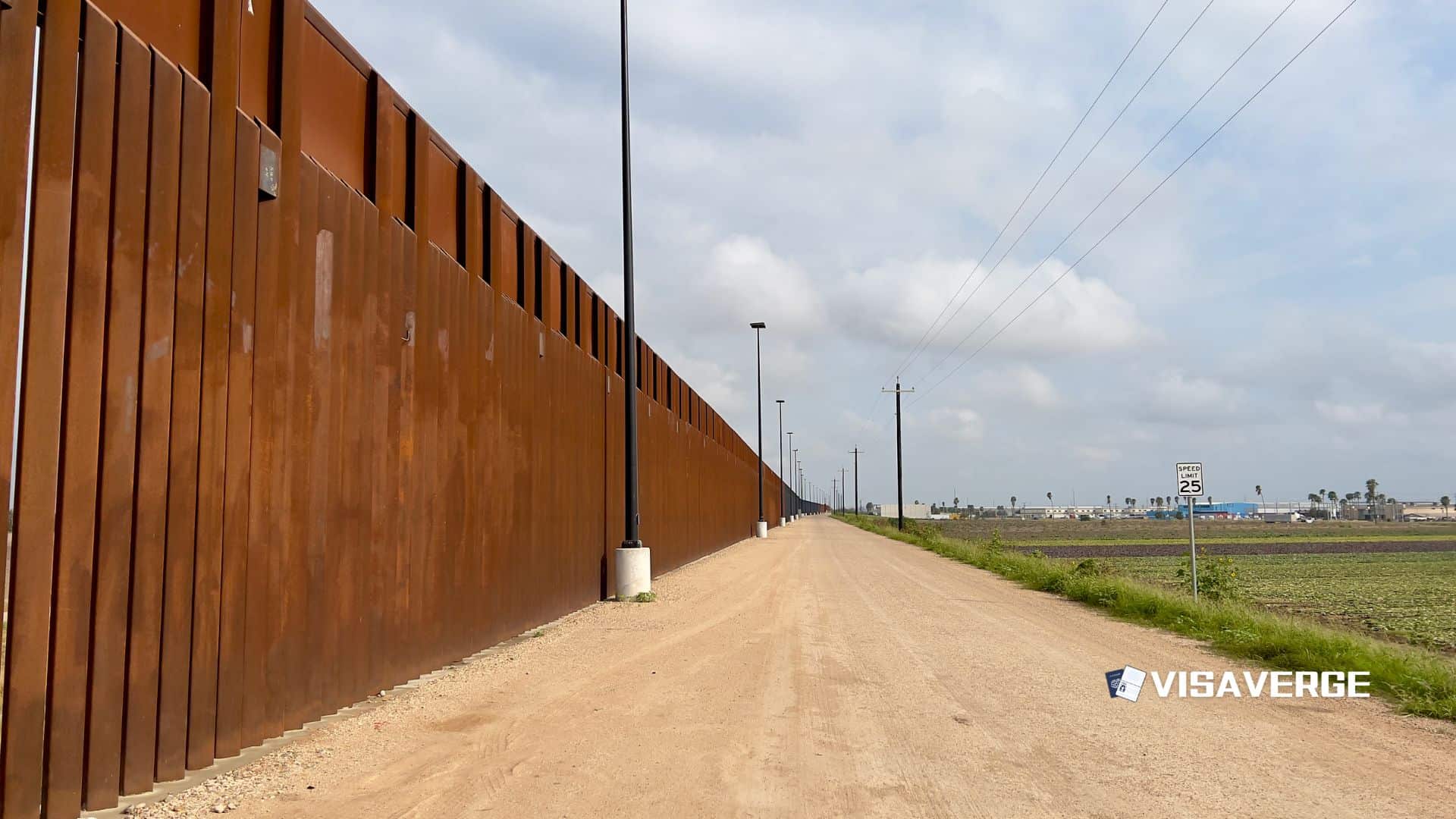(CANADA) A ghostwriting and plagiarism scandal is shaking the special pathway that Canada 🇨🇦 created in 2020 to speed permanent residence and work permits for Hong Kong residents. Investigations and court filings show some applicants used ghostwriters for personal statements and academic essays, and others presented fraudulent academic credentials — including rushed degrees tied to UK institutions named in complaints. In at least seven Federal Court cases, judges upheld refusals for misrepresentation after interviews where applicants could not explain basic knowledge in their alleged fields of study.
The program was built to bring in educated, English-proficient Hong Kong talent who could settle quickly in Canadian workplaces after China’s national security law changed life in the city. But the discovery of fake degrees and copied work threatens public trust in Canadian immigration for Hong Kong residents, and it raises fresh questions about the speed and integrity checks used in an expedited stream.

How the scheme unraveled
Canadian officers began to question files when patterns emerged: polished essays that did not match an applicant’s spoken ability, identical wording across different applications, and degrees finished in suspiciously short timelines.
Officers cited reporting from 2022 by the South China Morning Post, which described Hong Kong firms selling “no show degrees” and ghostwriting packages for around HK$250,000 (about CAD $44,000). Those reports were used as context when officers sought deeper proof and conducted longer interviews, according to court records. VisaVerge.com reports that these findings led officers to probe whether academic claims were genuine or part of a broader market for prepackaged applications.
Several applicants lost in Federal Court after failing to explain course content, defend a thesis topic, or describe the methods they said they used in research projects. In some cases, applicants could not outline basic concepts in their declared disciplines. Judges agreed with officers that this gap supported concerns about ghostwriting, plagiarism, or fraudulent academic credentials. The refusals cited misrepresentation—an immigration term for giving false information or withholding material facts.
UK universities named by applicants in disputed files, including Anglia Ruskin University and the University of Chichester, denied any relationship with immigration consultancies and said they would act against misuse of their names. Their statements underscore a key point: even when a school is legitimate, a degree can still be misused if obtained through cheating or document fraud. The issue is not only “fake schools”; it is also the sale of assignments, cover letters, and personal statements that mask an applicant’s real abilities.
What authorities and universities are doing
Canadian authorities have signaled that stronger checks are on the table. While Ottawa has not announced a formal overhaul of the stream, immigration officers have already ramped up verification—asking for more transcripts, contacting institutions, and using targeted interviews to test claimed knowledge.
Officials are also weighing tougher penalties to deter fraud. The government’s message is clear: fast processing does not mean relaxed standards, and misrepresentation can lead to refusals and longer-term bars from applying.
Universities are tightening internal controls as well:
- Reviewing transcript requests more carefully
- Flagging third-party agents who claim to secure admissions or degrees without attendance
- Pledging action when their names are misused by consultancies
Immigration officers are responding by:
- Comparing writing samples and looking for plagiarism
- Contacting institutions directly to verify credentials
- Conducting knowledge-based interviews that probe core subject matter
Important: For applicants who earned credentials honestly, this rise in scrutiny brings stress and delay. Many fear being lumped together with those who bought essays or degrees. Genuine candidates should expect tougher interviews and additional document requests.
How honest applicants can prepare
Lawyers recommend that genuine applicants gather and be ready to present supporting evidence, such as:
- Original diplomas, transcripts, and syllabi
- Letters from supervisors or professors verifying coursework
- Evidence of thesis work (drafts, data, presentations)
- Portfolio items, publications, or internships tied to their field
Applicants should also be prepared to:
- Explain core concepts in their discipline
- Describe how academic work connects to the jobs they seek in Canada
- Account for any gaps in study timelines
- Discuss methods used in research projects or theses
These materials and readiness can help officers verify that education and work claims are real.
Core allegations and recurring themes
The scandal’s central allegations are consistent across files:
- Use of ghostwriters for personal statements and academic work
- Submission of plagiarized or fraudulent academic credentials
- Rejections for misrepresentation after knowledge-based interviews
- Exposure of “diploma mills” and degree sellers in Hong Kong
- Denials from UK universities and promises to take action
- Push for stronger fraud detection and tighter controls
Official resources and legal context
For readers seeking official program details, Immigration, Refugees and Citizenship Canada maintains a page on options for Hong Kong residents, including work and permanent residence pathways. See the government resource: Immigration measures for Hong Kong residents. That page explains eligibility rules and document requirements and offers a baseline for what officers expect to see.
Several Federal Court decisions make one theme plain: credibility matters. When an applicant’s answers do not match their documents, officers can conclude the paper trail was dressed up to win approval. In these cases, courts have backed officers who asked tough questions and found that an applicant lacked the knowledge expected from someone with the claimed education.
Impacts on employers, families, and communities
For employers in Canada, the scandal may bring mixed effects:
- Increased checks could slow hiring from the Hong Kong stream
- But better screening can build confidence that new hires have the skills they claim
Employers may begin asking for work samples or technical interviews earlier in the hiring process to ensure a good fit.
Families are also affected. Many rely on a principal applicant’s degree to support the move and may face refusal if the degree is questioned. That can stall plans and raise costs. Community groups report they are helping clients gather stronger proof and avoid consultants who promise “guaranteed” outcomes or “no show degrees.”
Final takeaway
Canada’s promise to open doors to Hong Kong residents stands, but the guardrails are tightening. Applicants who did the hard work should not be deterred; they should be ready to prove it. Those considering shortcuts—buying essays or degrees—should expect deeper checks and the real risk of refusal.
Authenticity matters. Officers are trained to spot gaps, and courts are backing rejections when those gaps point to ghostwriting or fake credentials. Genuine applicants can still succeed—by telling their own story, showing their work, and standing behind their education.
This Article in a Nutshell
A ghostwriting and plagiarism scandal has exposed fraud within Canada’s fast-track immigration pathway for Hong Kong residents. Investigations and court records reveal applicants submitted ghostwritten statements, plagiarized work, and fraudulent academic credentials—some allegedly linked to UK institutions. At least seven Federal Court rulings upheld refusals for misrepresentation after applicants failed knowledge-based interviews and could not explain basic concepts from their claimed fields. In response, Canadian officers and universities have intensified verification: requesting more transcripts, contacting schools, checking writing samples for plagiarism, and conducting deeper interviews. Officials warn genuine applicants to prepare original diplomas, syllabi, supervisor letters, and evidence of thesis or research work. The goal is to preserve program integrity while not discouraging legitimate candidates.













